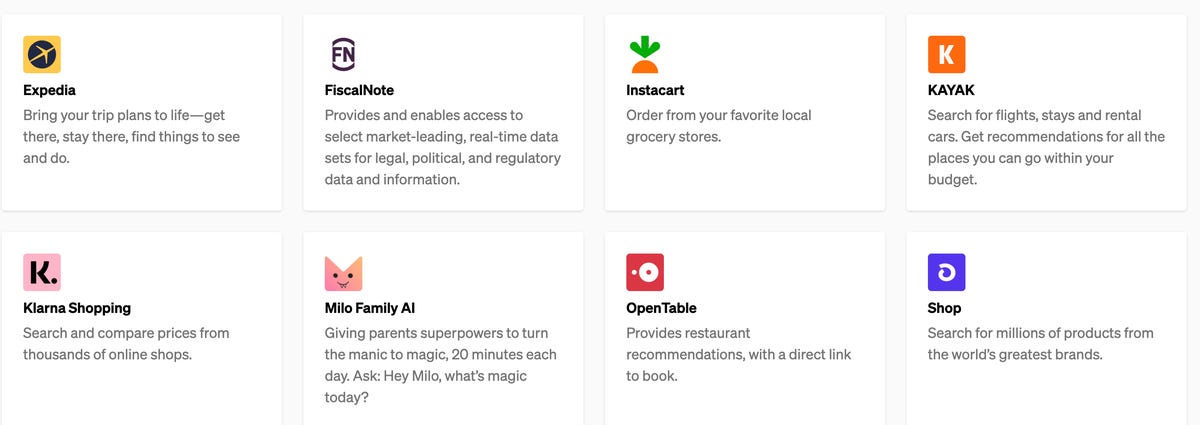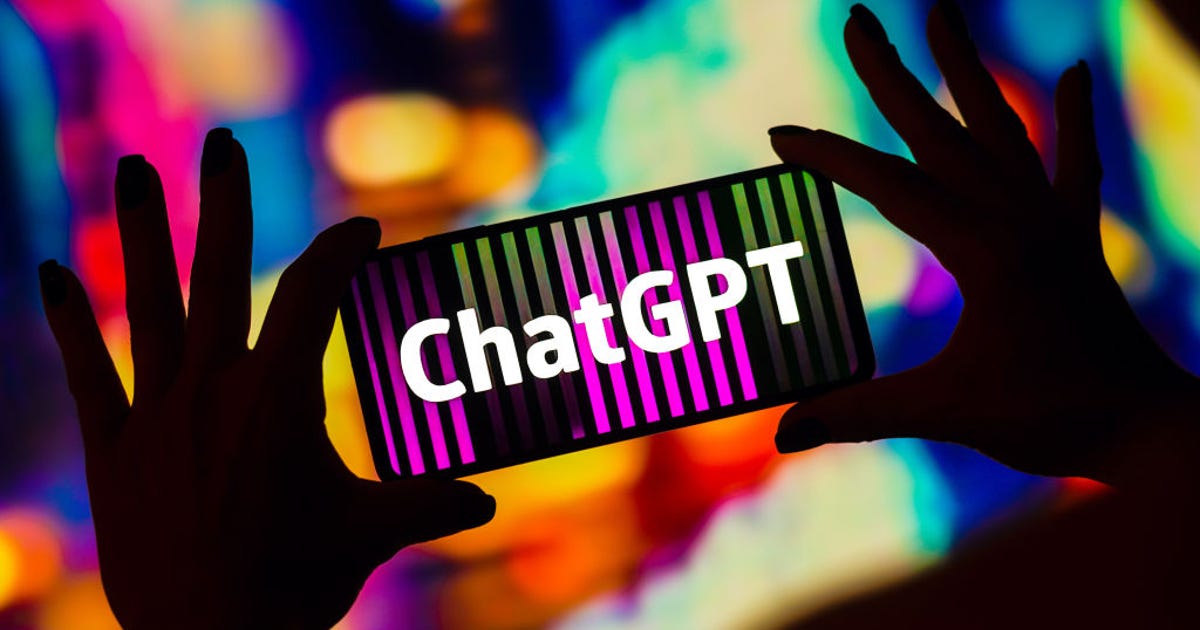[ad_1]
If you ever tried asking ChatGPT about current events, you know the chatbot could only manage to spit out a limited set of answers, if at all. That’s changing.
On Thursday, the artificial intelligence company OpenAI announced that it’s gradually rolling out plugins for ChatGPT, in a move that significantly expands the chatbot’s functionality.
The first wave of plugins, which are now available in alpha to select ChatGPT users and developers, allow ChatGPT to tap new sources of live data from the web, including third-party sources such as Expedia, Kayak and Instacart. This empowers ChatGPT to browse the web and execute tasks such as booking flights and even buying groceries, among many other tasks. Prior to this upgrade, ChatGPT was restricted to drawing information from its training data, which ran until 2021.
“Though not a perfect analogy, plugins can be ‘eyes and ears’ for language models, giving them access to information that is too recent, too personal, or too specific to be included in the training data,” OpenAI said on its website.
For instance, ChatGPT can now pull up answers to questions how the box office sales of this year’s Oscar winners compare to those of other movies released recently. This new functionality is served up thanks to the browser plugin, which shows the sources the generative AI service is drawing information from before it spits out an answer.
“Plugins are very experimental still but we think there’s something great in this direction,” OpenAI co-founder Sam Altman wrote in a tweet Thursday. “It’s been a heavily requested feature.”
ChatGPT, which puts a conversational-style interface on top of an artificial intelligence construct known as a large language model, has been the buzz at the center of the tech world since it debuted in November. In the last several months, companies from Google and Microsoft to Adobe, Snapchat and Grammarly have rushed to show off and release similar generative AI capabilities in their own products.
But there are marked imperfections in the results that services like ChatGPT produce. OpenAI’s own research has shown that a chatbot with access to the internet is a risky prospect. For instance, it can have a tendency to quote unreliable sources or, as OpenAI points out, “increase safety challenges by taking harmful or unintended actions, increasing the capabilities of bad actors who would defraud, mislead, or abuse others.”
Proponents of these AI services have been focusing on the benefits.
A video posted to Twitter by OpenAI co-founder Greg Brockman on Thursday demonstrates to how to use ChatGPT’s Instacart plugin to assist with meal planning. The video shows ChatGPT recommending a chickpea salad recipe and then ultimately adds the required ingredients to Instacart for purchase with just a few prompts.
We’ve added initial support for ChatGPT plugins — a protocol for developers to build tools for ChatGPT, with safety as a core design principle. Deploying iteratively (starting with a small number of users & developers) to learn from contact with reality: pic.twitter.com/S61MTpddOV
— Greg Brockman (@gdb) March 23, 2023
A video posted on Expedia’s Twitter account shows how to leverage the Expedia plugin to essentially turn ChatGPT into your AI travel agent, helping travelers book flights and hotels. This is something ChatGPT previously couldn’t do, although it could identify places and create an itinerary.
“You can install plugins to help with a wide variety of tasks. We are excited to see what developers create!” Altman wrote on Twitter.

Some of the preliminary plugins on ChatGPT.
OpenAi/Screenshot by CNET’s Sareena Dayaram
To address risks in the answers that ChatGPT provides to queries, OpenAI said it has implemented safeguards and has limited access to a small group of users and developers to start with. Interested parties can sign up on a waitlist here.
Editors’ note: CNET is using an AI engine to create some personal finance explainers that are edited and fact-checked by our editors. For more, see this post.
[ad_2]
Source link
